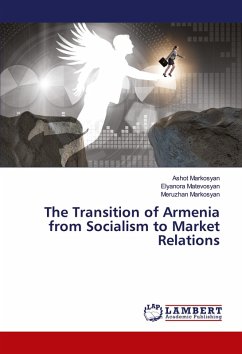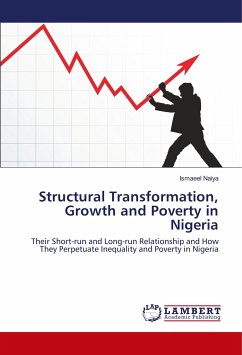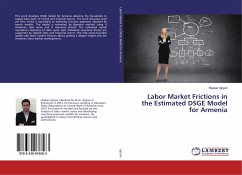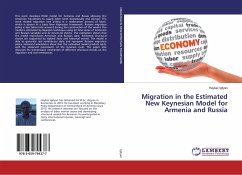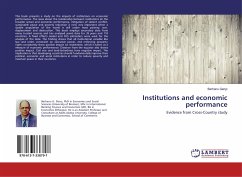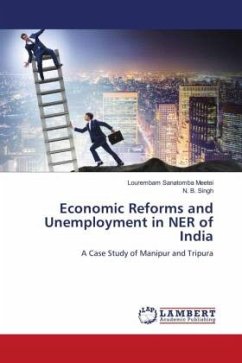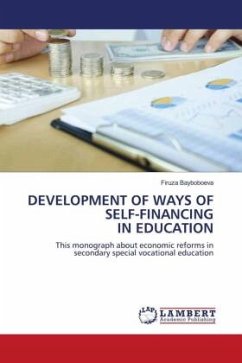The transition from a centrally planned (command) economy to a free-market economy in each post-communist country has followed a unique path, shaped by the specific political, socio-economic, and cultural conditions of the nation. Within this process, the role of political and economic elites becomes particularly significant in leading society toward free-market relations. These elites express the broader society's desire to transform the state's developmental trajectory, formalize the transition agenda legislatively, and implement reform programs. By securing widespread societal support, these reforms create a social base for the market transition and form a critical mass of reform advocates to drive the process forward. The transition from communism to free-market relations is not an end in itself. The ultimate goal of such a transition is to improve the living standards and quality of life of the population. This book presents the experience of the Republic of Armenia in transitioning from socialism to market relations.
Bitte wählen Sie Ihr Anliegen aus.
Rechnungen
Retourenschein anfordern
Bestellstatus
Storno

